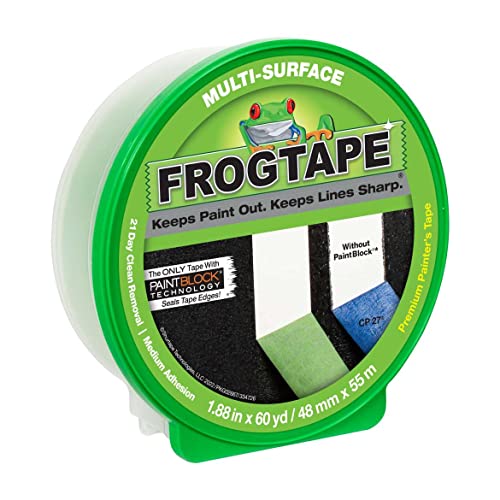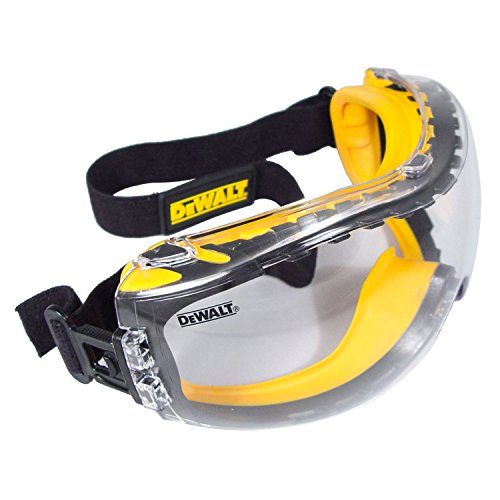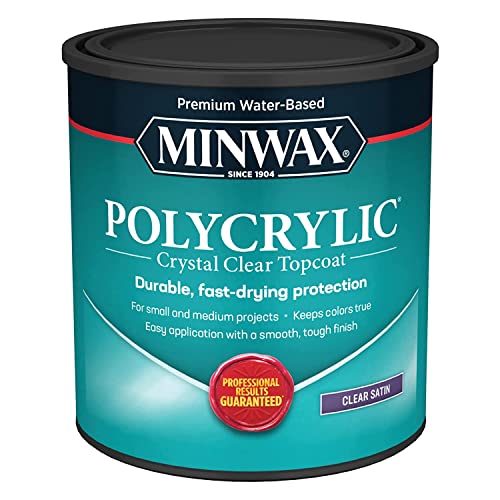From Espresso to Light & Bright: DIY Kitchen Makeover
Just a few weeks into our new home, and we were already itching to make it our own. Our kitchen, however, was a major downer. The dark espresso cabinets paired with gray flooring created a gloomy atmosphere that wasn't exactly inspiring. Being a new build, replacing the cabinets wasn't an option. But a $5,000 quote for a paint job? No way! That's when the ambitious DIYer in me emerged. I mean, I could paint walls, right? How much harder could cabinets be?
This project is also featured on Apartment Therapy - Read here.
Table Of Contents
Inspiration & Design Board
Fueled by inspiration from Pinterest, I dove headfirst into creating a mood board. This helped me visualize the final look and choose a color palette and new lighting to complement the transformed cabinets.
Inspiration
Design Board
Tips before you start
Here's what I learned, along with everything you'll need to transform your own kitchen cabinets from drab to fab!
Paint in fully ventilated areas like garage or backyard. So it could be a good summer project.
Use separate paint brushes for primer, paint and sealer so it’s easy to clean them and maintain them. Same goes with paint rollers.
To clean primer brush (which is oil based), you will need mineral spirits.
Paint cabinets in batches - better to save time, plan and also do it in smaller spaces like garage.
Check drying time on primer, paint and sealer to plan better, do not rush the process.
Apply sealer in only one direction otherwise it’s going to leave streaks that are visible in light and does not give a professional look.
Kitchen Before
Supplies you will need
Prep materials
Painting supplies
Choosing the right primer
The secret to beautiful and long-lasting painted cabinets lies in the primer. Oil-based primers are the go-to choice for kitchen cabinets because they provide several benefits:
Superior adhesion: Oil-based primers create a strong bond between the paint and the cabinet surface, ensuring a professional-looking finish that won't peel or chip easily.
Stain blocking: These primers act as a barrier, preventing tannins naturally found in wood (especially common in oak and knotty wood) from bleeding through the paint and causing discoloration.
Durable finish: Oil-based primers create a tough and long-lasting foundation for your paint, making your cabinets more resistant to wear and tear.
By choosing the right oil-based primer, you'll be well on your way to achieving a flawless and durable paint job on your kitchen cabinets.
Below are a few best primers :
We used the ProBlock primer by Sherwin Williams (linked below)
Choosing the right paint
Choosing the right paint for your cabinets is important, especially since kitchen cabinets go through a lot of wear and tear. Here's a breakdown of what to consider:
Enamel paint is generally the best choice for cabinets because it dries to a hard, durable finish. We used Sherwin-Williams Emerald Urethane Trim Enamel in this project, a water-based paint that works even if you primed your cabinets with oil-based primer.
Water-based paints like our example are easier to clean up with soap and water and have a lower odor than traditional oil-based paints. Advancements in water-based paints now make them just as durable as oil-based ones for cabinets. Yes, you can use water based paints on top of oil based primers.
Oil-based paints are durable too, but they take longer to dry, have a strong odor, and require harsh mineral spirits for cleanup.
Paint finish sheen is a personal preference. Satin offers a good balance between shine and hiding imperfections. Glossier finishes are easier to clean but may show flaws more. I prefer Satin on cabinets. Read more about different paint sheens.
Step By Step Tutorial
Prep time
Label and detach: Remove the cabinet doors and drawers, labeling them carefully for easy reassembly (think T1, T2, etc. for top/upper cabinets and B1, B2, etc. for bottom/lower cabinets). Remove the hardware and put them in labeled zip-lock bags to avoid confusion - use same labels as the cabinet doors.
Taping is key: Use painter's tape to shield the areas you don't want painted, like the cabinet interiors.
Cleaning : Wipe down the cabinets with deglosser to remove any dirt or residue.
Sanding for a smooth finish: Lightly sand the cabinets with fine-grit sandpaper 220 grit and wipe away any dust.
Arrange: Use the painters tripods to arrange the cabinets flat.
Prime Time
Prime time: Apply a coat of oil-based primer using both a brush and roller for thorough coverage. Let it dry completely.
Repeat: on both sides, also on the cabinet frames.
After priming cabinets
Paint Time
Painting magic: Here comes the fun part! Apply at least two coats of your chosen paint color, letting each coat dry in between. Use a separate brush and roller set from the ones used for priming. Our living room was the paint area!
Sealing Time
Protection is essential: For a lasting finish, apply a coat of polycrylic after the final coat of paint is dry. Apply this in one direction only to avoid streaks.
Kitchen After
Reassemble and admire! Once everything is dry, reinstall the cabinet doors and drawers, and admire your beautiful new kitchen!
With a little planning and effort, you can transform your kitchen cabinets from drab to fab, and save some serious cash in the process. Happy painting!


























